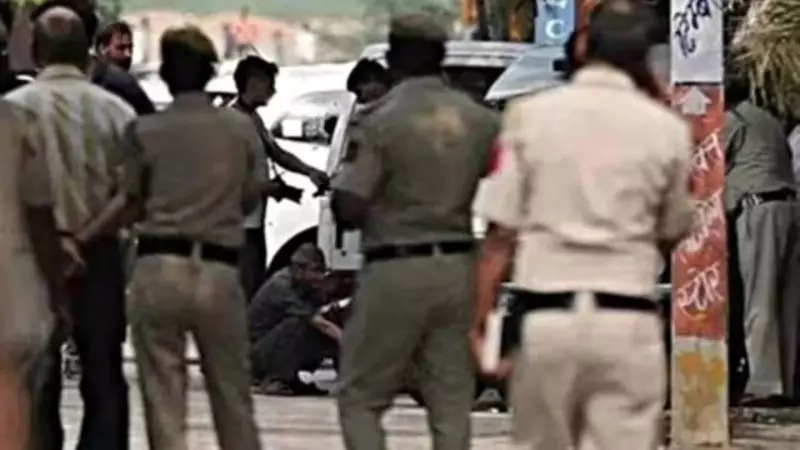
Major Crackdown on International Cyber Fraud Ring
In a significant development, Bengaluru police have invoked strong organised crime charges against a fake call centre operation that targeted US citizens with threats of 'digital arrests'. The sessions court has rejected bail petitions for 19 individuals connected to Cybits Solutions Pvt Ltd, including two directors from Rajasthan.
Organised Crime Charge Strengthens Case
The Bengaluru police added section 111 of the Bharatiya Nyaya Sanhita (BNS) pertaining to organised crime to the existing charges of fraud and information technology misuse. This crucial legal move came after investigators discovered that one of the employees from Meghalaya had a previous chargesheet for economic offences in Shillong.
On November 7, the sessions court rejected both anticipatory and regular bail pleas, noting that organised crime charges carry imprisonment ranging from five years to life along with fines not less than Rs 5 lakh. The court emphasized that releasing the accused could hinder fair investigation and potentially allow them to commit similar offences.
Inside the Elaborate Scam Operation
Investigations reveal that Cybits Solutions Pvt Ltd, operating from HSR Layout in southeast Bengaluru since 2021, employed 20-25 young individuals trained specifically to impersonate US law enforcement agencies. The company, registered with a share capital of Rs 1 lakh, reported minimal losses in official filings but actually paid salaries of Rs 22,000 per month plus substantial cash incentives to successful telecallers.
The employees, recruited from various states including Gujarat, Mumbai, Meghalaya, Madhya Pradesh, Odisha, and West Bengal through job portals like WorkIndia and LinkedIn, were provided with free accommodation, cab services, and food facilities in HSR Layout and BTM Layout.
After three weeks of training, these telecallers would contact US citizens using fictitious names such as:
- US Federal Investigation Service
- US Postal Service Investigation Section
- US Border Security Force
- US Customs and Border Protection Force
Using prepared scripts and fake websites, they would accuse victims of involvement in criminal cases, display fake police IDs, and demand money to avoid 'digital arrest'. The defrauded amounts were deposited into company wallets or bank accounts.
Investigation Challenges and Breakthroughs
Police have seized 41 computer systems, monitors, CPUs, mobile phones, and attendance registers from the operation. Among the 16 initially arrested, eight were from Maharashtra, four from Meghalaya, and one each from Odisha, Madhya Pradesh, West Bengal, and Gujarat.
A key challenge for investigators has been obtaining victim statements from the US, as similar cases have previously failed in courts due to lack of victim testimony. However, police sources indicate that Supreme Court observations regarding growing 'digital arrest' cases targeting senior citizens might strengthen the prosecution.
The investigation also uncovered that employees were managed by someone identified only as 'Matt', possibly a foreign national operating from abroad. The two directors - Mahipal Singh Bochalyo and Vikram Singh - have claimed they were not involved in day-to-day operations, though Vikram has been arrested while Mahipal remains at large.
Historical Context of Fake Call Centres
This isn't the first instance of such operations in Bengaluru. In 2022, police busted Ethical Infotech Pvt Ltd and Ethical Infocomm operating from Whitefield tech parks, where callers targeted Americans with Amazon-related fraud schemes. However, the Karnataka High Court quashed those cases in March 2023 due to lack of victim complaints.
The current case represents a significant escalation in legal response to such cyber crimes, with authorities determined to prevent repeat occurrences through stronger charges and thorough investigation.






